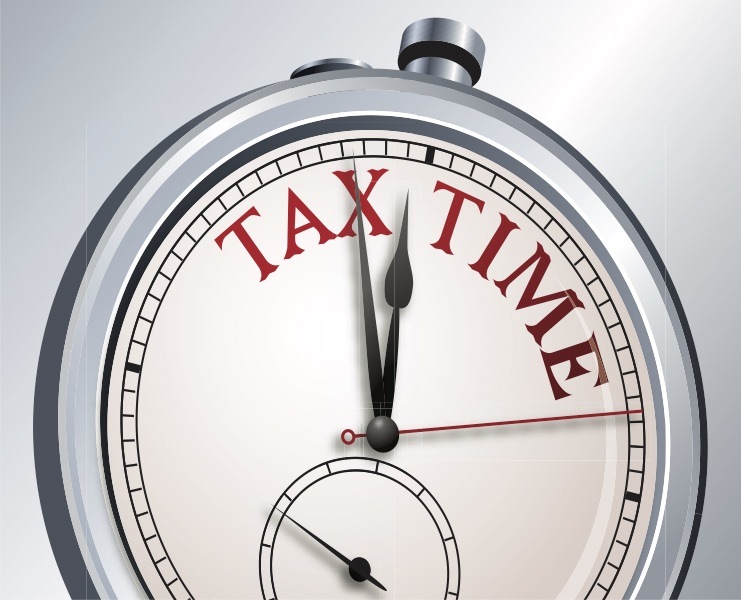No matter what your stance regarding the carbon tax issue is, Jan. 1st marked its implementation. A carbon levy is now being charged on all fuels that emit greenhouse gas emissions when combusted at a rate of $20/tonne in 2017 and $30/tonne in 2018. The rate is based on the amount of carbon pollution released by the fuel when it’s combusted, not on the mass of fuel itself, the province indicates.
It seems like there is no middle ground when it comes to the new carbon tax – Albertans are either in favour, or they’re not.
The NDP government says the carbon tax is necessary as it’s the most cost-effective way to reduce greenhouse gas emissions that cause climate change.
However, it also means increased costs to live in Alberta. Albertans are expected to see higher prices not only at the pumps, but higher prices at the grocery store, with delivery services, in household bills – the list goes on and on. As well, there is speculation that jobs will be lost because of the new carbon tax – the timing of which couldn’t be worse as Alberta has faced tough economic times for upwards of three years now.
However, a little glimmer of hope to help offset increased costs is the newly announced carbon tax rebate program for some Albertans.
The rebate program helps lower- and middle-income families adjust to the additional costs of carbon. Families will also be able to take advantage of energy-efficiency programs that will start as early as this spring.
The carbon levy rebate is expected to recycle $95 million back to Alberta households in 2016-17 and $435 million in 2017-18.
In 2017, 60% of households are expected to receive a full rebate to help offset the costs of the carbon levy. This means a single adult earning up to $47,500 per year will receive a rebate of $200 and a couple earning up to $95,000 per year will receive $300.
Parents that qualify for the rebate will receive up to an additional $30 per child (to a maximum of four).
Rebates will also increase in 2018, along with the carbon levy, to $300 for singles, $450 for couples, and $45 per child.
Albertans do not have to apply to receive the rebate, but they must file their 2015 and subsequent income tax returns to be eligible. The rebate is non-taxable and also refundable, meaning those eligible will receive it even if they pay no provincial income taxes.
In a time that Alberta still faces economic uncertainty, this is welcome news. However, only time will tell the full effects the carbon tax will have on families in our province.



